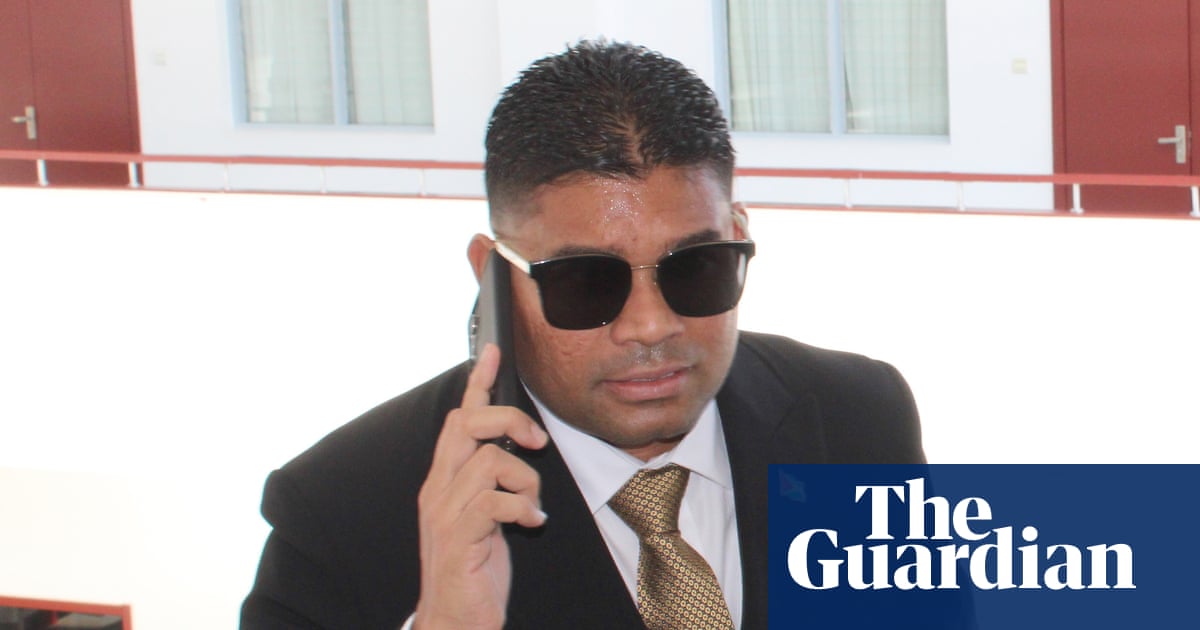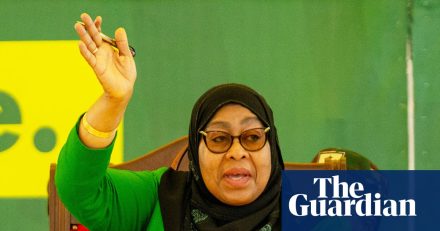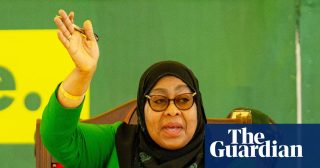Guyana has been thrown into political turmoil after the arrest and possible extradition to the United States of the country’s main opposition leader, just two months after he emerged as a surprise contender in the presidential election that kept incumbent Irfaan Ali in power.
Azruddin Mohamed, 38, and his father, Nazar Mohamed, 73, two of Guyana’s wealthiest figures from a gold mining empire, were arrested on 31 October in Georgetown in response to a formal US extradition request. Facing 11 charges in a Florida court — including money laundering, bribery and tax evasion — they were released the same day on bail of 150,000 Guyanese dollars each (about £547 or $720), but must report weekly to the court and will face a new hearing on Monday.
Mohamed has said he and his father are victims of political persecution by Ali’s government and claimed the administration is behind sanctions and has agents in the US. Guyana’s attorney general, Mohabir Anil Nandlall, said the arrests were a legal obligation under the country’s international commitments, noting a 1931 extradition treaty between the UK and the US that remains in force in Guyana since independence in 1966.
The case has heightened attention because of growing US commercial involvement in Guyana’s oil sector. American companies are leading exploration that could make Guyana one of the world’s largest oil producers per capita, even as more than half the population remains in poverty. “It’s a situation where the status quo in Guyana is being challenged,” said Peter Wickham, a political scientist and polling director in the Caribbean.
Mohamed founded a party and announced his presidential bid three months before the vote, breaking the long-standing two-party divide that typically pits the PPP/C, broadly supported by Indo-Guyanese voters, against the APNU, generally backed by Afro-Guyanese voters. Running on a populist, anti-establishment platform and urging rejection of “tribal voting,” he campaigned to renegotiate the oil deal. He hoped to become a balance-of-power figure; his party unexpectedly won 16 of 65 congressional seats, making it the main opposition force ahead of the APNU’s 12 seats. The incumbent Ali’s party secured 36 seats.
Three days after his arrest and release, Mohamed was sworn in with the new congress. He arrived at parliament in the Lamborghini at the centre of an alleged mail fraud case, accused of submitting a false $75,300 invoice for a vehicle said to have cost $680,000.
Although the US extradition request was issued last October, the probe into the Mohameds began earlier; the indictment reportedly covers alleged offences from 2017 to 2024. In June 2024, a shipment containing about $5.3m in gold bars sent from Mohamed’s company was seized at Miami International Airport. That month the US Treasury sanctioned the Mohameds on charges including gold smuggling, evading more than $50m in taxes owed to Guyana and bribing local officials.
At a recent press conference, vice-president Bharrat Jagdeo — who served as president from 1999 to 2011 — said the extradition request bore the signature of Marco Rubio, whom he described as the US secretary of state, and argued the matter underlined Guyana’s treaty obligations. Mohamed and his lawyers declined to comment to the Guardian but have previously denied wrongdoing.
Mohamed’s legal team says some alleged offences in the US indictment are not crimes in Guyana and that he should not be extradited. They plan to challenge the case through Guyana’s courts, including the constitutional court, and ultimately the Caribbean Court of Justice. Wickham expects the proceedings to be lengthy and says Mohamed, who remains a member of parliament, is likely to continue using his role to challenge the government.




